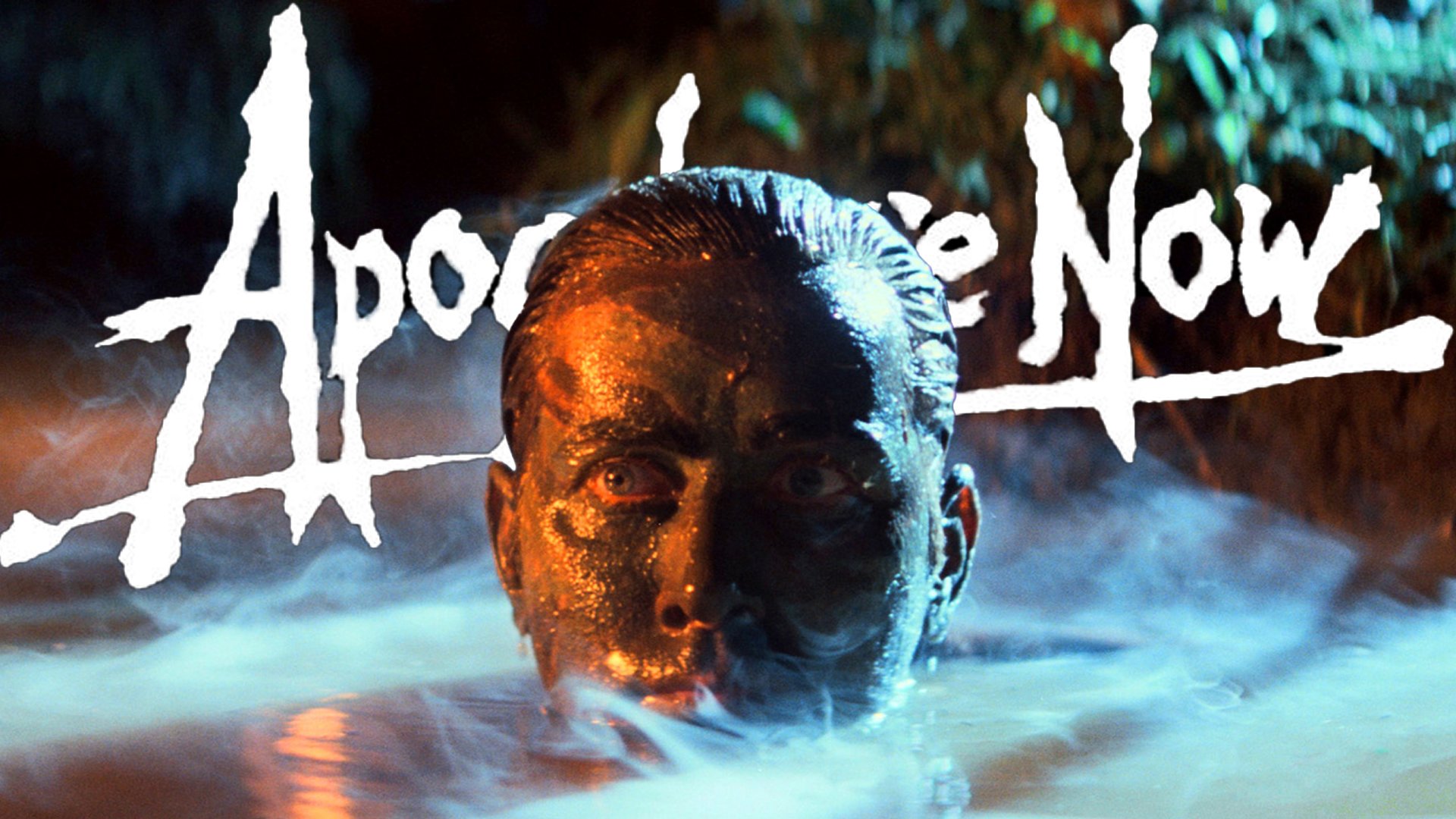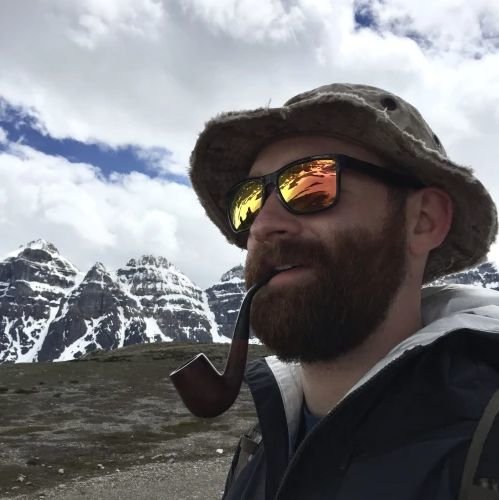
Apocalypse Now remains one of the best-known war movies ever made, yet most moviegoers don't know the full story. Composite by Coffee or Die Magazine.
Francis Ford Coppola’s 1979 Vietnam War epic, Apocalypse Now, is a cultural juggernaut. Loosely based on Joseph Conrad’s Heart of Darkness and starring some of the biggest names in Hollywood history — including Marlon Brando, Robert Duvall, Martin Sheen, Dennis Hopper, and Laurence Fishburne — the two-and-a-half-hour film birthed a number of war-movie tropes, such as the soldier who only feels at home in combat and the rogue commando who takes things too far and “goes native.” It also gave audiences famous lines, like “I love the smell of napalm in the morning,” and “The horror!” which more than 40 years later are still repeated ad nauseam.
And thanks to one of the film’s most memorable scenes, Richard Wagner’s Ride of the Valkyries will forever be synonymous with images of helicopter-borne cavalry troops flying into battle. The cultural impact of Coppola’s masterpiece has been so far-reaching that even its near-disastrous production was parodied in the hugely successful 2008 action-comedy Tropic Thunder and its companion mockumentary Rain of Madness. But for all its recognizable impacts on pop culture, the incredible story of the film’s creation, though well known at the time, has largely been forgotten. Here are five things you probably didn't know about Apocalypse Now.
Francis Ford Coppola sacrificed his body and his wallet to finish the movie.
It may come as no surprise to fans of the film that Apocalypse Now took a little more time and money than expected to complete, running $17.5 million over budget and taking twice as long to finish than originally scheduled. But the craziest part: Coppola was so determined to make the movie that he mortgaged his house and his winery in Napa Valley to help fund the production. The arduous shoot in the Philippines took such a toll on Coppola that he lost 100 pounds before filming wrapped.
A lot of Martin Sheen’s scenes don’t have Martin Sheen.
Coppola wasn’t the only one run ragged by the demanding production. Martin Sheen, who plays the film’s chief protagonist, Capt. Benjamin Willard, also suffered a health scare during the shoot. While filming the opening scene, in which Willard is alone in a hotel room fighting to retain his sanity, Sheen got drunk and actually cut his hand after deviating from the script and punching a mirror. He had to convince Coppola to keep rolling and include the injury in the final cut of the movie.
In addition to cutting his hand, Sheen suffered a heart attack during filming and had to take some time off to recover. Sheen’s brother, Joe Estevez, had to stand in as his body double for several scenes. Later, during the three years it took Coppola to edit the film, Estevez was called on again to provide voice-overs for Willard’s narration segments, as Sheen was too busy on other projects.
Robert Duvall’s canteen scene was based on an actual event.
During the iconic “Charlie don’t surf” sequence, Lt. Col. Kilgore, played by Duvall, finds some of his soldiers tending to a Viet Cong fighter who has just been disemboweled by shrapnel. When Kilgore inquires about the situation, his soldiers explain that the wounded man wants water but that they are refusing to give him any. Kilgore then pushes the soldiers away and bends over to give the man a sip from his canteen; however, before the man can take a drink, Kilgore gets distracted by a soldier surfing off the beach they’ve just assaulted and walks away with the canteen.
The scene is fictional and meant to show Kilgore’s bizarre priorities, but it’s partly based on a real event captured by conflict photographer Philip Jones Griffith. While reporting in Vietnam, Griffith took a photograph of three American GIs offering water to a wounded VC soldier who suffered a stomach wound and had to carry his intestines in a bowl for three days.
Yes, they really killed that buffalo.
The film’s climactic scene — the assassination of Col. Walter Kurtz (Brando) by Willard — is juxtaposed with the ritual slaughter of a water buffalo. While the killing of Kurtz was staged, the killing of the animal was not.
Prior to shooting the scene, Coppola had reportedly witnessed the butchering of a water buffalo at the hands of Ifugao tribespeople and decided to film the ceremony to use in the movie. In 2019, Coppola claimed the water buffalo was part of a deal made with the tribe in exchange for being able to film on their land. Because filming took place in the Philippines, Coppola was able to sidestep the animal cruelty laws American films are subject to and include the scene in the movie, which earned it an “unacceptable” rating from the American Humane Association.
Coppola’s Vietnam masterpiece is far from perfect.
According to the International Movie Database, despite regularly being ranked among the best movies of all time, Apocalypse Now currently holds the record for most mistakes to ever appear in a movie. There are reportedly 563 “errors'' in the film, including the use of Cobra gunships a month before the aircraft were fielded, the appearance of Playboy Playmates (who didn’t exist until a decade after the events of the film), and a long list of continuity issues like helicopter blades that stop and start and uniform name tags that change multiple times within the same scenes. But for all its mistakes, Apocalypse Now remains a paragon of American war cinema — perhaps even more so because of its flaws. War, after all, is messy.
Read Next: 5 Things You Probably Didn’t Know: ‘Fury’

Mac Caltrider is a senior staff writer for Coffee or Die Magazine. He served in the US Marine Corps and is a former police officer. Caltrider earned his bachelor’s degree in history and now reads anything he can get his hands on. He is also the creator of Pipes & Pages, a site intended to increase readership among enlisted troops. Caltrider spends most of his time reading, writing, and waging a one-man war against premature hair loss.
BRCC and Bad Moon Print Press team up for an exclusive, limited-edition T-shirt design!
BRCC partners with Team Room Design for an exclusive T-shirt release!
Thirty Seconds Out has partnered with BRCC for an exclusive shirt design invoking the God of Winter.
Lucas O'Hara of Grizzly Forge has teamed up with BRCC for a badass, exclusive Shirt Club T-shirt design featuring his most popular knife and tiomahawk.
Coffee or Die sits down with one of the graphic designers behind Black Rifle Coffee's signature look and vibe.
Biden will award the Medal of Honor to a Vietnam War Army helicopter pilot who risked his life to save a reconnaissance team from almost certain death.
Ever wonder how much Jack Mandaville would f*ck sh*t up if he went back in time? The American Revolution didn't even see him coming.
A nearly 200-year-old West Point time capsule that at first appeared to yield little more than dust contains hidden treasure, the US Military Academy said.












